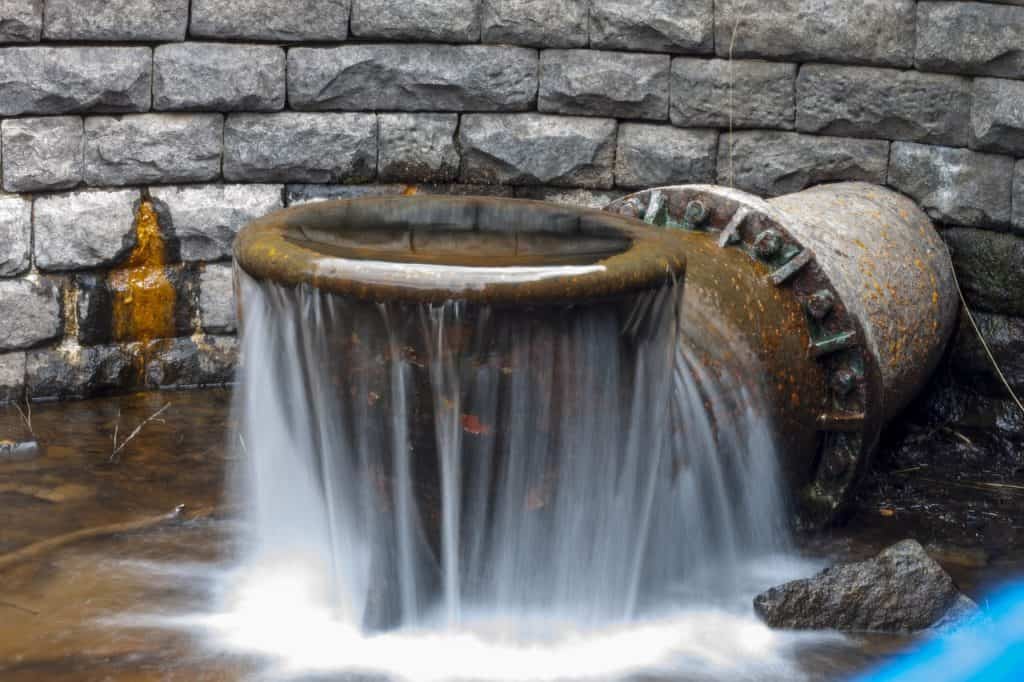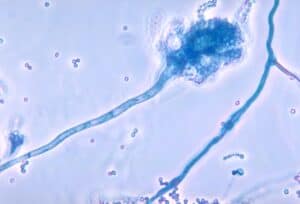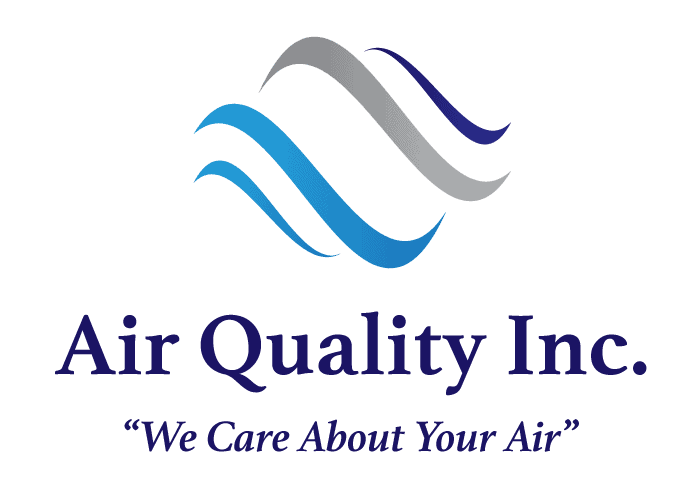Virginia Beach residents need to know if the tap water coming from their home’s faucet is safe to drink, cook with and bath in. Here are some reports on water crises in America as well as recent data from the Virginia Beach tap water supply.
Access to clean drinking water is one of our most basic needs as humans. Still, with so many threats to the modern tap water supply, clean water continues to be a global concern, and Virginia is no exception. Virginia Beach residents, along with the rest of the nation are wondering if our tap water is really safe to drink, bathe in, and cook with.
We’re here at Air Quality Consultants to take a deeper look at what potential threats exist to the safety of our tap water, and help examine the quality and safety of Virginia Beach’s tap water.
Lead in Tap Water & Other Pollutants
Flint Water Crisis & Beyond
A dizzying array of contaminants and pollutants threaten the sanctity of our sources of drinking water. Take, for example, lead.
Lead in tap water finds its way into the blood stream of unsuspecting consumers. High levels of lead in the human blood stream can threaten the development of even unborn children and put citizens at risk of “cardiovascular effects, nerve disorders, decreased kidney function, and fertility problems”, explains the National Institute of Environmental and Health Sciences (NIEHS).
The NIEHS further describes how lead exposure has especially adverse effects on children, including “decreases in hearing, cognitive performance, and postnatal growth or height. Some of these health effects are found even at low blood lead… including lower IQ scores, decreased academic achievement, and increases in both behavioral problems and attention related behaviors.”
From 2014 onward, the citizens of Flint, Michigan have been grappling with the sad reality of unsafe drinking water since the city changed the source of the water supply in an effort to cut costs.
Soon after the switch in water source, the people of Flint reported a change for the worse in the color, smell, and taste of the city’s tap water. Later Environmental Protection Agency studies revealed that lead levels in Flint’s water supply had increased dramatically.
The Natural Resources Defense Council reports that “In Flint, nearly 9,000 children were supplied lead-contaminated water for 18 months,” with a resulting unacceptable spike in blood-lead levels of children.
Sadly, the poisoning did not stop at lead.
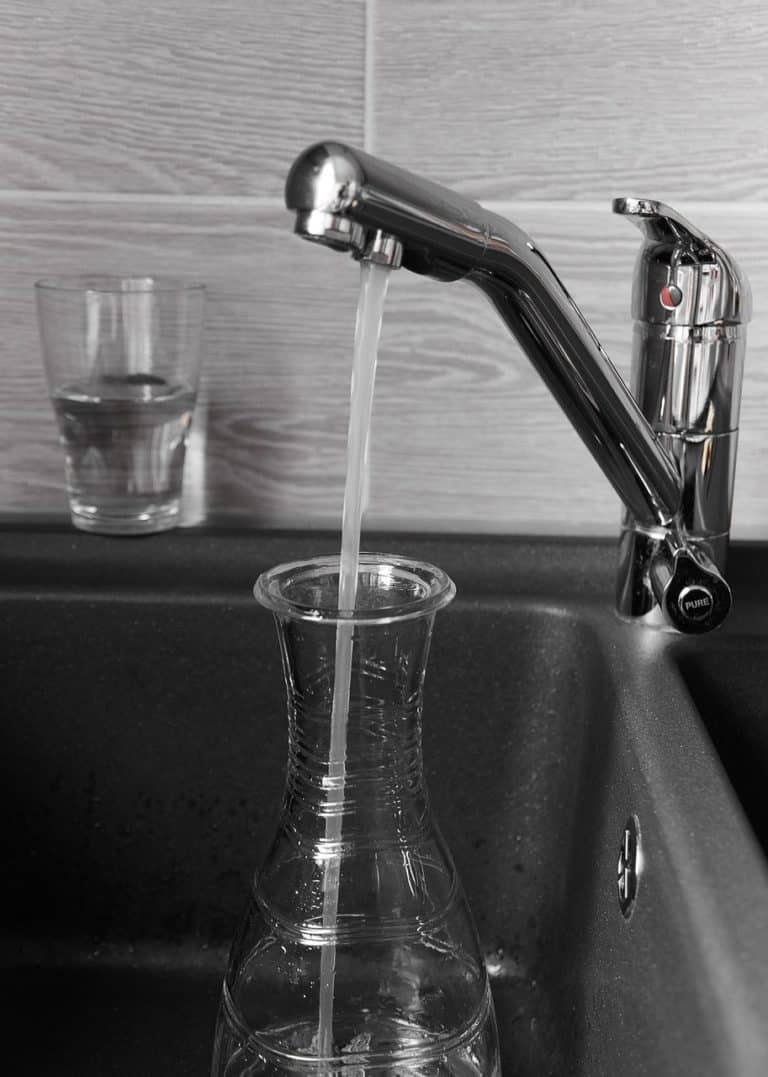
The switch in water supply in Flint also coincided with an unprecedented and deadly outbreak of Legionnaires’ disease in the city as well as the finding of fecal coliform bacteria in the water. Added chlorine used to treat the fecal coliform led to increased levels of cancer-causing chemicals called total trihalomethanes in the water.
Truly, the Flint water crisis is a public health disaster with immeasurable effects, resulting in many bitter demonstrations, lawsuits, and untold suffering of the general public.
In view of this ongoing Flint Water Crisis in Michigan as well as other water quality scares, Americans across the nation are increasingly concerned about the quality of the tap water they are using for drinking, cooking, and bathing.
Is Virginia Beach Tap Water Safe to Drink?
This question is no doubt on the minds of many Virginia Beach citizens.
According to a 2017 study by the International Bottled Water Association, Americans are roughly divided into three groups, each representing about a third of Americans:
- 35% – Those who drink mostly/only tap water (filtered or not)
- 31% – Those who drink mostly/only bottled water
- 33% – Those who drink both equally
Yes, a large percentage of Americans worry about the quality of the tap water in their homes and wonder if their water is really safe to drink, with a large percent of the population choosing not to drink tap water. Along with the rest of the States, Virginia residents are raising questions about the source of their tap water and its quality.
With lead, metals, nitrates, bacteria, pesticides, and more threatening the modern water supply, we, as consumers, must remain ever vigilant to ensure the health and safety of our family.
Let’s take a look at some reports on Virginia Beach’s water quality from recent years.
Test Your Tap Water
Reports on Virginia Beach Tap Water Safety
The Environmental Working Group’s (EWG) report is positive; “For the latest quarter assessed by the EPA (July 2018 – September 2018), tap water provided by this water utility [City of Virginia Beach] was in compliance with federal health-based drinking water standards.”
This is good news, though the report does indicate that the city’s water has experienced various chemical and radiological contaminants in past recent years. Still, it is reassuring to know that “From October 2015 to September 2018, City of Virginia Beach complied with health-based drinking water standards.”
The City of Virginia Beach Public Utilities 2017 Water Quality Report (for 2016 data) explains that “Virginia Beach water comes from surface water treated at Norfolk’s water treatment plant,” where it is disinfected and tested for over 230 pollutants (microbial contaminants, inorganic and organic chemical contaminants, pesticides, herbicides, radioactive contaminants, etc.).
“On average, over 400 water quality samples are collected and analyzed monthly, providing continual monitoring for the highest water quality possible.” The Public Utilities report assures locals, “Your water is tested before and after it is treated to ensure it meets federal and state standards.”
Insight into this process is comforting, however the EWG and the City of Virginia Beach Public Utilities reports both seem to recommend personal vigilance and contamination prevention, since water can become polluted between the treatment facility and your faucet.
Tap Water Contamination Prevention
The EWG suggests investing in water filtration systems for you home. Still, different tap water filters are effective for different pollutants, so to make your filtration most effective, it is best to know first what specific contaminants are threatening your tap water.
In regards to lead in the water supply, the City of Virginia Beach Public Utilities warns that “Lead in drinking water is primarily from materials and components associated with service lines and home plumbing.” They add “If you are concerned about lead in your water, you may wish to have your water tested.”
Yes, to really know the condition of the water in your individual home, professional water testing is in order.
Professional Virginia Beach Tap Water Testing
With our bodies requiring about a gallon of water per day, the source and quality of the water we drink has wide implications for our health and longevity.
The safety of tap water is on a home-by-home basis, no matter how clean the water is coming from the local water plant. To know if your Virginia Beach home tap water is really safe to drink, a professional water test is prudent.
Our professional Air Quality Consultants team performs highly-detailed water testing for both residential and commercial properties to determine the condition of each tap supply. Once we sample your water, we will provide thorough lab reports with data revealing whether or not your water is safe to drink.
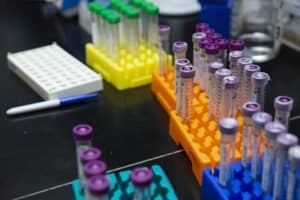
Professional water testing will help you understand what threats – if any – exist in your family’s water supply. If any contaminants or pollutants are present at dangerous or near-dangerous levels, we will help provide recommendations on how to improve the quality of your tap water and increase the safety of your family.
We will draw on our experience and expertise to help you understand any dangers in your water supply and do all we can to help your family achieve clean, drinkable water in your home.
If your water is clean, you can rest easy knowing your family is safe to drink the water from your faucet. Contact us to request a quote on professional water testing.
Stop guessing – start testing!

